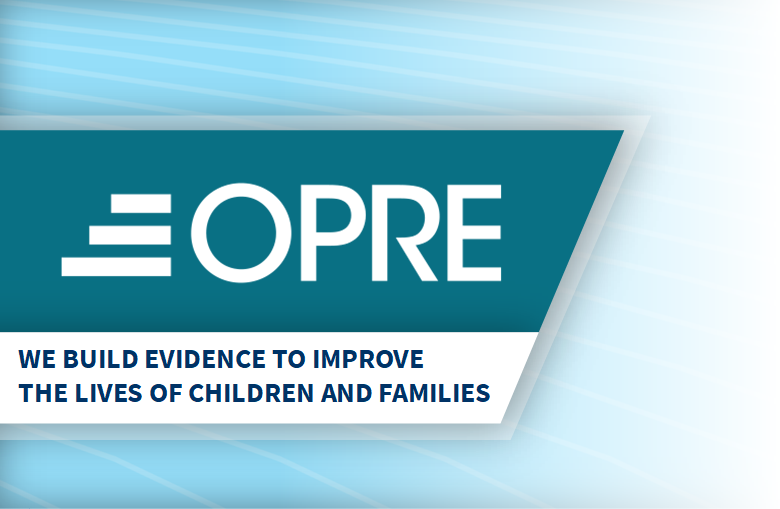Abstract
Two-generation initiatives intentionally combine intensive, high quality adult-focused services with intensive, high quality child-focused programs to improve outcomes for children, primary caregivers, and families. The goal of integrating services for primary caregivers and their children is to achieve better outcomes than those accomplished by serving each generation in isolation (Chase-Lansdale and Brooks-Gunn 2014; Sama-Miller et al. 2017). Research suggests that to effectively support families, these services should be high quality, intensive, and intentionally aligned (Sama-Miller et al. 2017).
This brief is the third in a series of three briefs that aim to support future evaluations in the field of two-generation approaches. This third brief highlights the experiences of four two-generation initiatives that used rapid cycle learning to test and refine strategies to strengthen service delivery. This brief is intended for two-generation service providers who seek to strengthen their initiatives, as well as their evaluation partners.
Introduction
In the Next Steps for Rigorous Research on TwoGeneration Approaches (NS2G) project, NS2G technical assistance (TA) providers partnered with four twogeneration initiatives on formative evaluations designed to build evaluation readiness and strengthen the alignment and coordination of services. As a part of these formative evaluations, initiative staff developed and tested strategies to improve service coordination using rapid cycle learning, an iterative testing and learning process that can help initiatives break big challenges into small, manageable pieces (Cody and Arbour 2019).
This brief is the third in a series that aims to support future research on and evaluation of two-generation approaches. The first brief, Defining a Two-Generation Logic Model, presented a logic model that initiatives used to document services for caregivers, children, and families and link them to intended programmatic outcomes (Aharpour and Baumgartner 2022). The second brief in this series, Using a Structured Learning Process to Strengthen Two-Generation Service Deliver, described the learning process that initiatives completed with NS2G TA providers to identify implementation challenges and develop improvement strategies (Fung and Sama-Miller 2022). This brief discusses the program improvement strategies that initiatives implemented, and highlights insights from the rapid cycle learning process for two-generation initiative operators and their evaluation partners who might be interested in rapid cycle learning.

